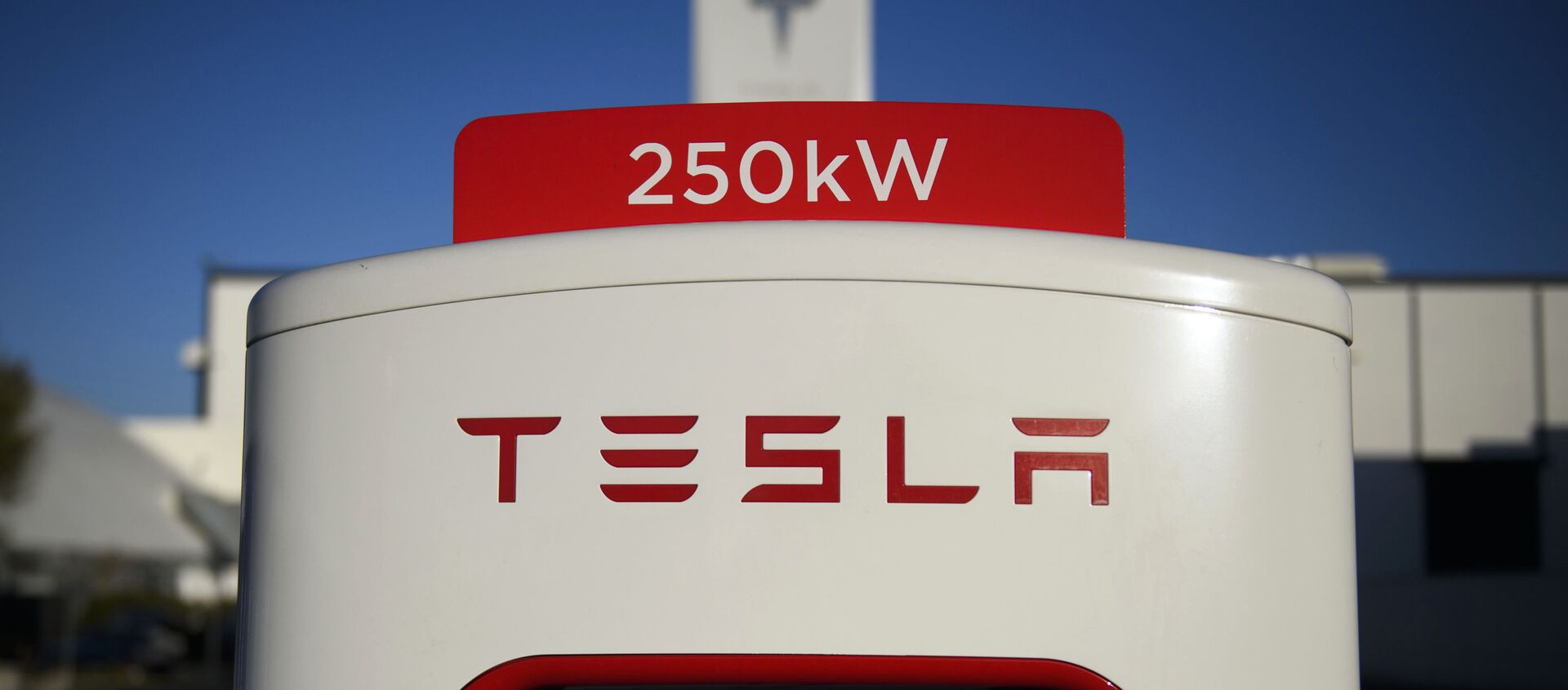Indian Finance Minister Nirmala Sitharaman’s budget plans for 2021-22 on Monday included only a few glances at the world of tech.
As part of her presentation, Sitharaman made some vague mention that the country will invest in data analytics, machine learning and artificial intelligence, but did not enlarge on how great the investment would be.
Apart from a few references to tech, she was silent on such subjects as 5G and electric vehicles. The dearth of tech investment was ironic as this was the first time that an Indian finance minister read the national budget off a tablet, rather than paper.
Welcome to #DigitalIndia #AtmaNirbharBharatKaBudget
— Devisha Jatakia (@devishajatakia) February 1, 2021
Union Budget 2021 is presented in paperless form for the first time, Finance Minister Nirmala Sitharaman replaced the Swadeshi 'bahi khata' and switched to a tablet.#DevishaJatakia #SocialMediaCoach pic.twitter.com/8DUnBiedyn
“Although we think there are a few areas where the budget is good, we think there is a need to engage with other important areas such as EVs, robotics and manufacturing and 5G. The mention of scrapping automobiles will help tackle pollution, but if this is coupled with incentives for EVs, it could positively improve economic activity in this space,” says Kazim Rizvi, founding director of Indian think tank The Dialogue.
Sitharaman noted that the forthcoming census would be India’s first ever “digital census” for which the government has allocated more than $515 million (INR 37,680 million). Along with this allocation, Sitharaman proposed a scheme worth more than $205 million (INR 15,000 millions) to promote digital payments.
The Finance Minister also laid great emphasis on boosting the country's FinTech companies, which has given hope to experts that India’s Information Technology (IT) industry will flourish hand in hand with the development of infrastructure.
“IT has dug itself deep into every sector, whether farming, defence or the public sector. Even though [Sitharaman's] priority was revamping core infrastructure and creating jobs, the IT industry will rejoice as well. India’s IT sector has always emerged as a beneficiary when the country’s infra sector booms,” Yash Gupta, senior analyst at Indian research firm Aspire New Global (ANG), says.
For the extended tech and telecom sector, however, no direct budget allocations were announced by Sitharaman for the next fiscal year.
“There was no announcement to benefit the telecom sector directly, but development in any sector which is included in the budget will have an indirect effect on tech companies. For instance, a rise in petrol and diesel prices will benefit EVs as they will prove more pocket friendly for buyers,” Gupta adds.

In 2020, Sitharaman also announced a fresh allocation of $840 million (INR 60,000 million) to the government-backed digital connectivity programme called BharatNet.




